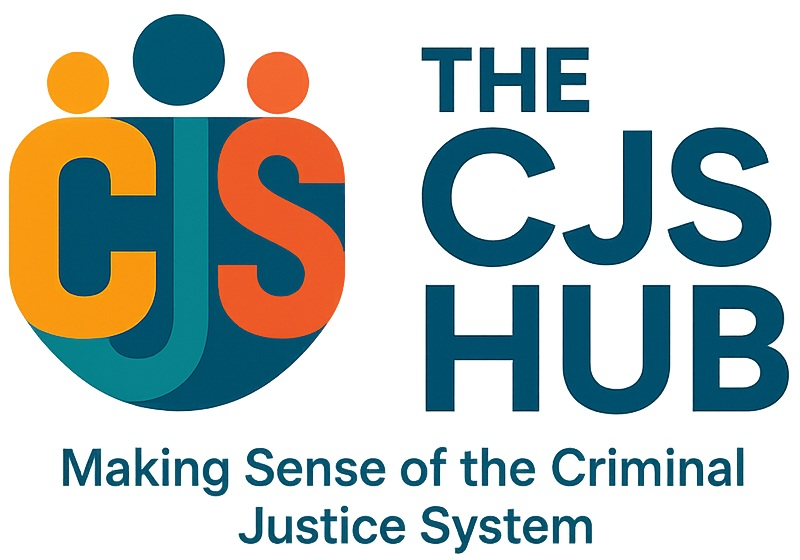Being accused of a crime — even if you’re later acquitted or receive a No Further Action (NFA) decision — changes things. For many people, the legal process ends long before the emotional fallout does. Trust can be shaken, relationships strained, and connections with colleagues, friends, or family may feel fragile.
Rebuilding those personal and professional ties takes time, patience, and understanding — both from you and from the people around you. It’s not always easy, but it is possible.
Starting with Yourself
Before you can rebuild relationships with others, it often helps to focus on yourself first. The stress of an accusation and investigation can leave you drained, anxious, or even resentful. Taking time to process your own feelings — whether that’s through counselling, peer support, or just having space to breathe — can make you better prepared to reconnect with others in a healthy way.
Reconnecting with Family and Friends
Family and close friends often go through their own emotional journey during an accusation. Some may have stood firmly by you; others may have stepped back, unsure how to cope or what to believe. Both reactions are common, and healing those divides takes honesty and patience.
Start small — open conversations about how you’ve been affected, listen to their perspective, and acknowledge any hurt or confusion they may have experienced too. Some relationships bounce back quickly; others may take longer, and that’s okay.
Peer support groups, such as those connected through the CJS Hub, can also be valuable spaces to talk to people who’ve faced similar challenges and understand the emotional weight involved.
Rebuilding Professional Relationships
Allegations can also impact your work life, even if you’re fully cleared. Employers and colleagues may have heard rumours or been directly affected during the investigation. Returning to work — or finding new employment — can feel daunting, but there are practical steps you can take:
- If your case resulted in an NFA or acquittal, request written confirmation from the police or your solicitor. This can reassure employers where needed.
- Be selective about what you share — you don’t need to relive every detail to explain your situation.
- If you were dismissed or suspended, consider asking for advice on your employment rights.
Rebuilding your professional reputation takes time, but focusing on your skills, reliability, and work ethic is often the strongest way to change perceptions.
When Relationships Don’t Recover
It’s painful, but some connections may not survive. False allegations and prolonged investigations can create divides that are too deep to fully repair. That doesn’t mean you’ve failed — it means some people weren’t able or willing to work through it with you.
In those cases, putting energy into building new healthy relationships, joining supportive communities, and focusing on your own recovery can be a powerful way to move forward.
An acquittal or NFA decision can lift the weight of the legal process, but rebuilding your life and relationships often takes time. Be patient with yourself, patient with others, and seek out spaces where you feel safe, supported, and understood.
The CJS Hub is here to provide resources, guides, and peer connections to help you navigate this journey — for both you and the people around you.
